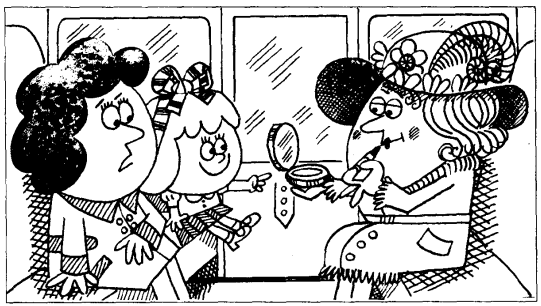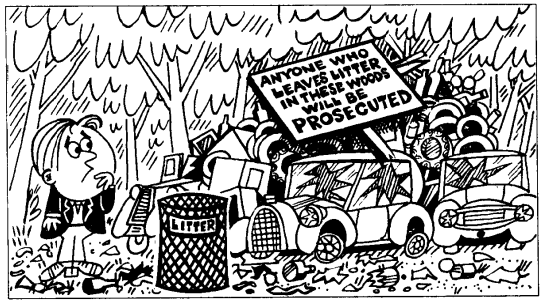one|Lesson 141~144
Lesson 141~142
✨课文

✨单词
被动语态
英语的被动语态要比汉语的简单:因为汉语中并没有限定哪些动词只能用来表示被动,相反的则是所有动词都可以表示主动或被动,这取决于你从什么角度去看待这个动词
举个栗子:饭做好了。短短四个字就能表达清楚意思,既省略了主语,也没有出现关键字眼被,这时就很难区分这是主动语态还是被动语态了,只能靠听话人自己猜。如果从说话人的角度出发,那么很大概率说话人就是做饭这一动作的主语,这时就是汉语中的主动语态。而如果你的关注点在饭,那么这时就是被动语态,此时饭作为主语,它是可能是被说话人或其他某个人给做出来的,至于是谁做的并不在乎
⚡本课重点
英语动词也有主动语态和被动语态之分。在主动句中,动词的主语是执行动作的人或物;而在被动句中,主语则是动作的承受者。换言之,就是把主动句中的「直接宾语」变成了「主语」
主动语态:这里特指的是主谓宾结构,即 主语+V+宾语,其中的动词基本都是及物动词,因为其后面必须跟宾语
被动语态:当不知道或没有必要指出动作的执行者时,常用被动语态,把主动句中的「直接宾语」转为「主语」即可,其核心结构为 be+V.pp.,过去分词不一定指过去。被动语态可以避免用不明确的词作主语,或是将重点放在事件本身而不是造成该事件的人或物上,强调的是动作的承受者
肯定句:
主语+be+V.pp.(+其他)e.g. My phone was made in China.
否定句:只需在
be的后面加上not即可。主语+be+not+V.pp.(+其他)e.g. My phone wasn’t made in China.
一般疑问句:只需将
be提到句首(主语前面)即可。Be+主语+V.pp.(+其他)e.g. Was your phone made in China?
特殊疑问句:在一般疑问句的句首加上特殊疑问词并去掉答案。
特殊疑问词+be+主语+V.pp.(+其他)e.g. My phone was made in China. => Was your phone made in China? => Where was your phone made?
先把陈述句中的
be动词提到句首得到一般疑问句,再用where对一般疑问句中的答案in China进行提问,并将where提到句首
八种常见的被动语态结构
| 时态 | 结构 | 例句 |
|---|---|---|
| 一般现在时 | am/is/are+V.pp. | The room is aired regularly. |
| 一般过去时 | was/were+V.pp. | This house was built a hundred years ago. |
| 一般将来时 | will/shall+be+V.pp. | The floor will be swept soon. |
| 现在进行时 | am/is/are+being+V.pp. | The rooms are being painted. |
| 过去进行时 | was/were+being+V.pp. | The house was being built at this time last year. |
| 现在完成时 | have/has+been+V.pp. | The basket has already been emptied. |
| 过去完成时 | had+been+V.pp. | He had been considered to be a greater leader. |
| 情态动词 | 情态动词+be+V.pp. | Your room must be cleaned every day. |
Lesson 143~144
✨课文

✨单词